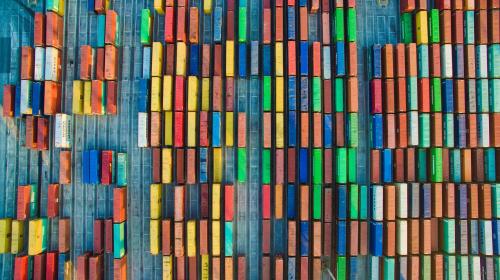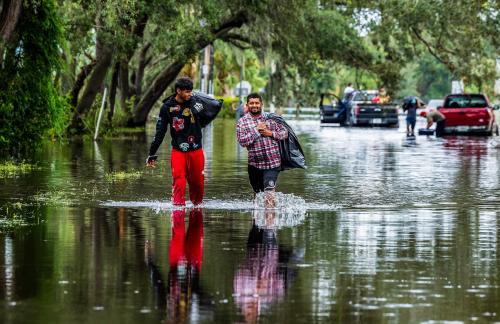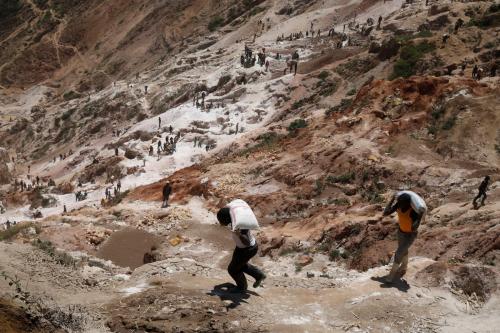Editor’s note: As Jordan looks to develop a civilian nuclear energy program, some domestic and international analysts are questioning the feasibility and intentions of its efforts. In an interview with Monocle, John Banks suggests that while Jordan’s efforts are the result of domestic energy shortages, its program will be hard to develop for a number of reasons. Read an excerpt below.
Monocle: Now the generally accepted role of Jordan is to be the Middle Eastern country which doesn’t make everybody nervous. Possibly because they would like just a little bit of attention for a change, possibly because, who knows, they have a sincere desire to provide for their future energy requirements, Jordan is about to commission two nuclear reactors.
Amman is believed to be choosing between tenders from a French Japanese consortium and a Russian competitor. Jordan is almost totally dependent on oil and gas imports and this twelve billion euro project would spare Jordan from relying on the stability of their neighbors, which as recent events have reemphasized, is one of the world’s very least reliable qualities. Well joining us now to tell us more is John Banks, non-resident Fellow of the Energy Security Initiative at The Brookings Institution in Washington DC.
First of all, should we be pleased about this?
John Banks: Well, first thanks for having me. It depends on your perspective. Certainly from the Jordanian perspective there are several major drivers why they are pursuing a civilian nuclear energy program. The first is they are looking at annual electricity demand of about eight percent per year over the next decade or so. They are expected to need to add several thousand megawatts of capacity just to keep up with that electricity demand. And secondly, as your intro made reference to, they have energy security reasons for pursuing civilian nuclear power. They really have a situation where they’re highly dependent, as the intro mentioned, overwhelmingly on imports of energy, more than 90% dependent imports for energy across the economy, but in particular in transport and in power generation. One of their overall strategies is to diversify fuel sources and in particular to limit reliance on imported fossil fuels.
Monocle: The trouble that has been in the past though is that Jordan has had quite a stop-start nuclear program. It has been stopped by the Israelis; it has been stopped by the Americans. Obviously there is some fundamental concern about, not lightly, the safety of this.
Banks: Any country, but particularly a country that is pursuing its first nuclear reactor is going to be faced with a variety of very serious challenges, not the least of which is the need to develop a very robust framework to provide for the safe operation of the facilities as well as the security of the facilities and also to prevent proliferation. These are some of the major challenges that any county is faced with, but particularly for a country pursuing its first reactor. If you are starting from a position where you have no nuclear infrastructure and very little human resources capacity, this is a very big challenge. You need to develop a legal and regulatory framework, put in place the human resources capabilities, and allocate sufficient funding to ensure that this sector is operating according to the highest standards. So there is no question that, I think the Jordanian government recognizes the challenges, the question is are they going to be able to overcome them.
The Brookings Institution is committed to quality, independence, and impact.
We are supported by a diverse array of funders. In line with our values and policies, each Brookings publication represents the sole views of its author(s).



Commentary
Why Jordan Is Building Two New Nuclear Power Plants
March 8, 2013